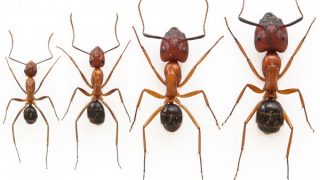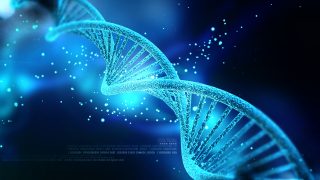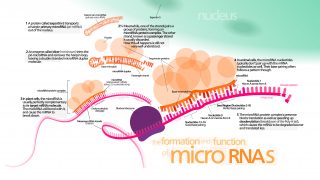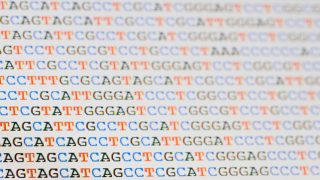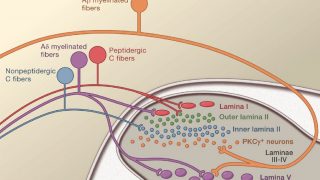
Optogenetics: when viruses heal blindness
Photoreceptor degeneration is one of the most common causes of partial as well as total blindness. However, one of its “positive” -or at least, not so negative- characteristics is that, while light-sensing photoreceptor cells in the surface of the retina are damaged, the inner retinal cell layers and the central visual pathways remain intact over […]

